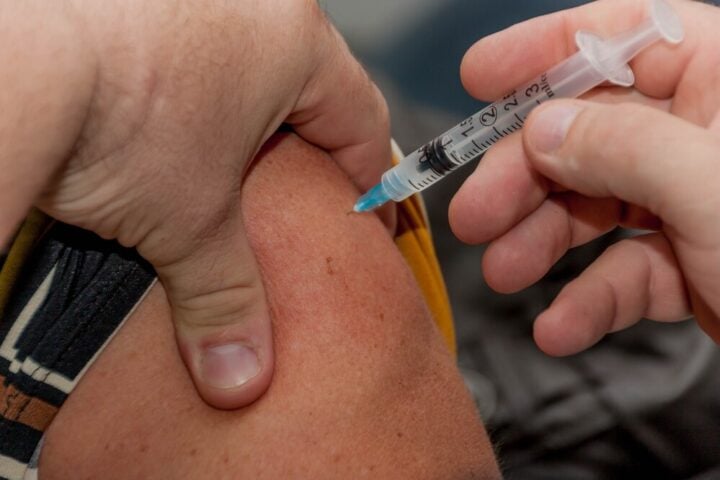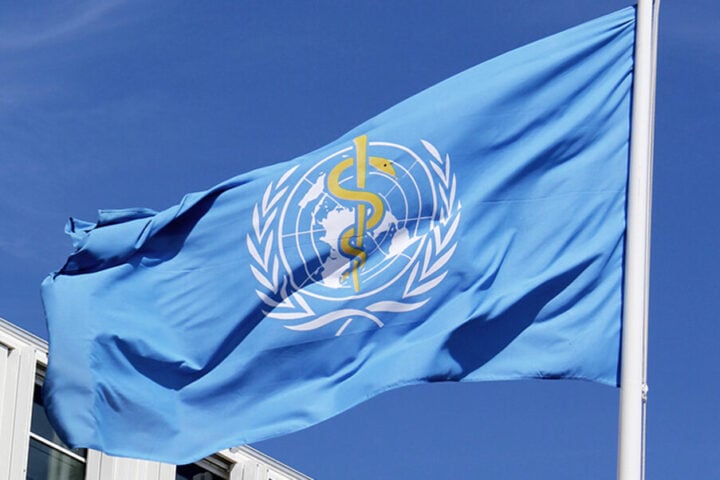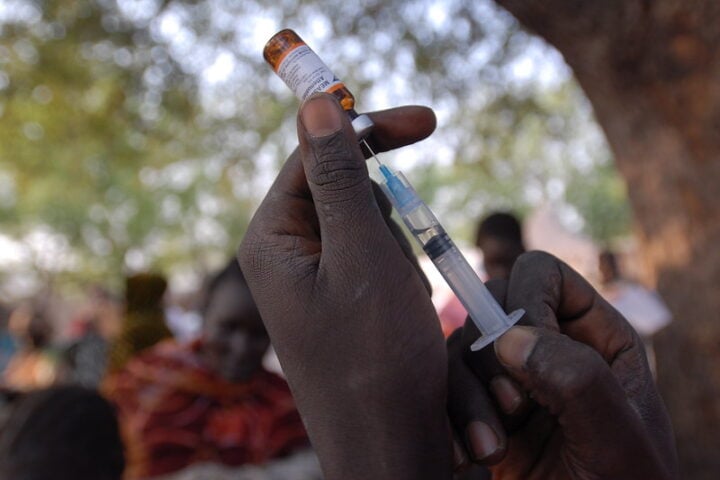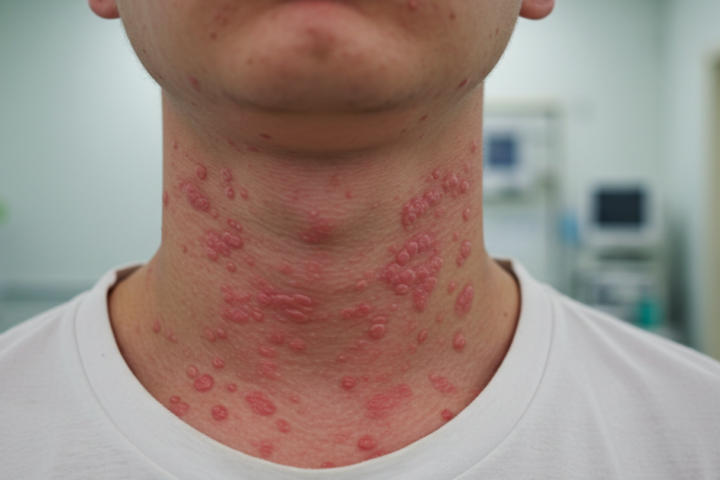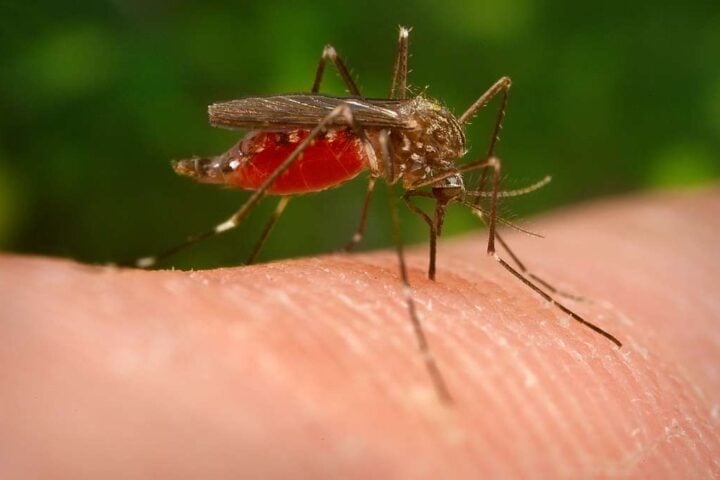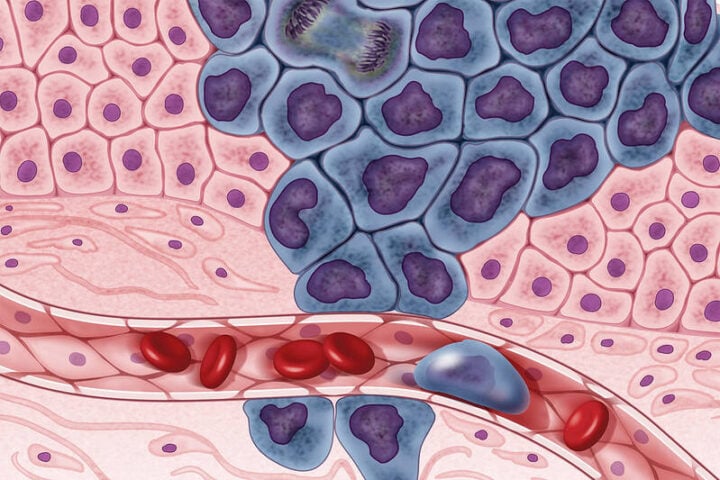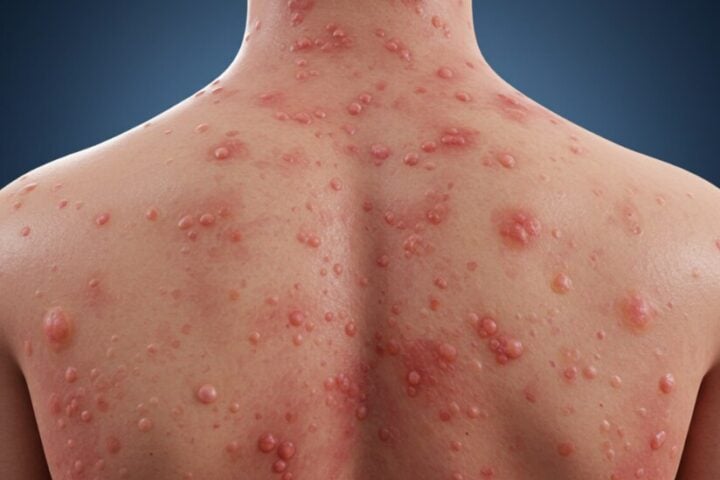A major international study has found a worrying connection between ultra-processed foods (UPFs) and premature deaths in the UK. These widely consumed foods may be responsible for nearly 18,000 deaths per year in Britain alone.
The research, published in the American Journal of Preventive Medicine, analyzed dietary patterns and mortality data across eight countries, revealing that UPFs make up a staggering 53.4% of the average English diet’s total energy intake – the second highest consumption rate among countries studied, just behind the US at 54.5%.
“Each 10% increase in the participation of UPFs in the diet increases the risk of death from all causes by 3%,” explains Dr. Eduardo Augusto Fernandes Nilson, lead researcher from Brazil’s Oswaldo Cruz Foundation.
What exactly are these foods? UPFs include everyday items like mass-produced bread, breakfast cereals, biscuits, crisps, fizzy drinks, ice cream, and processed meats. Unlike minimally processed foods, they typically contain more than five ingredients, including additives not commonly found in home cooking – preservatives, emulsifiers, artificial colors, and sweeteners.
The health impact appears substantial. In countries where UPFs make up over half the diet, like England and US, these foods are linked to approximately 13.8% and 13.7% of all premature deaths respectively. By contrast, countries with lower UPF consumption, such as Colombia (where UPFs make up only 15% of dietary intake), see only about 4% of premature deaths attributed to these foods.
The harm goes beyond their high content of fat, salt, and sugar. Dr. Nilson points out that “UPFs affect health because of the changes in the foods during industrial processing and the use of artificial ingredients.”
Beyond increased mortality risk, high UPF consumption has been tied to obesity, type 2 diabetes, heart disease, certain cancers, and even depression.
Not all experts are fully convinced, however. Dr. Stephen Burgess from Cambridge University cautions that the research cannot definitively prove UPFs directly cause poor health. “How physically fit someone is may be the main cause of poor health instead,” he notes, though he acknowledges that when numerous studies across different countries suggest similar risks, “ultra-processed foods may be more than a bystander.”
Similarly, Dr. Nerys Astbury from Oxford University points out that many UPFs are high in energy, fat and sugar – nutrients already known to increase disease risk. “More research is needed to ascertain a causal link between UPF and disease and to establish the mechanisms involved,” she says.
The Food and Drink Federation, representing manufacturers, argues that the term ‘ultra-processed food’ “demonizes a wide variety of food that can help people achieve a healthy balanced diet, such as yogurt, pasta sauces or bread.” They emphasize that all additives used are approved by the Food Standards Agency as safe for consumption.
Nevertheless, the study authors are calling for stronger government action, including stricter regulation of food marketing, especially targeting children, restrictions on UPF sales in schools and workplaces, and consideration of taxes on these products.
The UK government has already taken some steps, ending targeted junk food advertising to children across TV and online platforms, and giving local authorities greater power to block applications for new takeaways near schools. A Department of Health spokesperson noted they are “commissioning research to improve the evidence on the health impacts of ultra-processed foods” and working on a “Plan for Change” to shift focus from sickness to prevention.

For individuals concerned about their health, experts suggest practical steps like cooking more meals from scratch, choosing fresh fruits over sweets, opting for whole grain products over refined ones, and carefully reading food labels – being wary of long lists of unfamiliar ingredients.
As UPF consumption continues to rise globally, particularly in developing nations, the health implications could become even more widespread.




